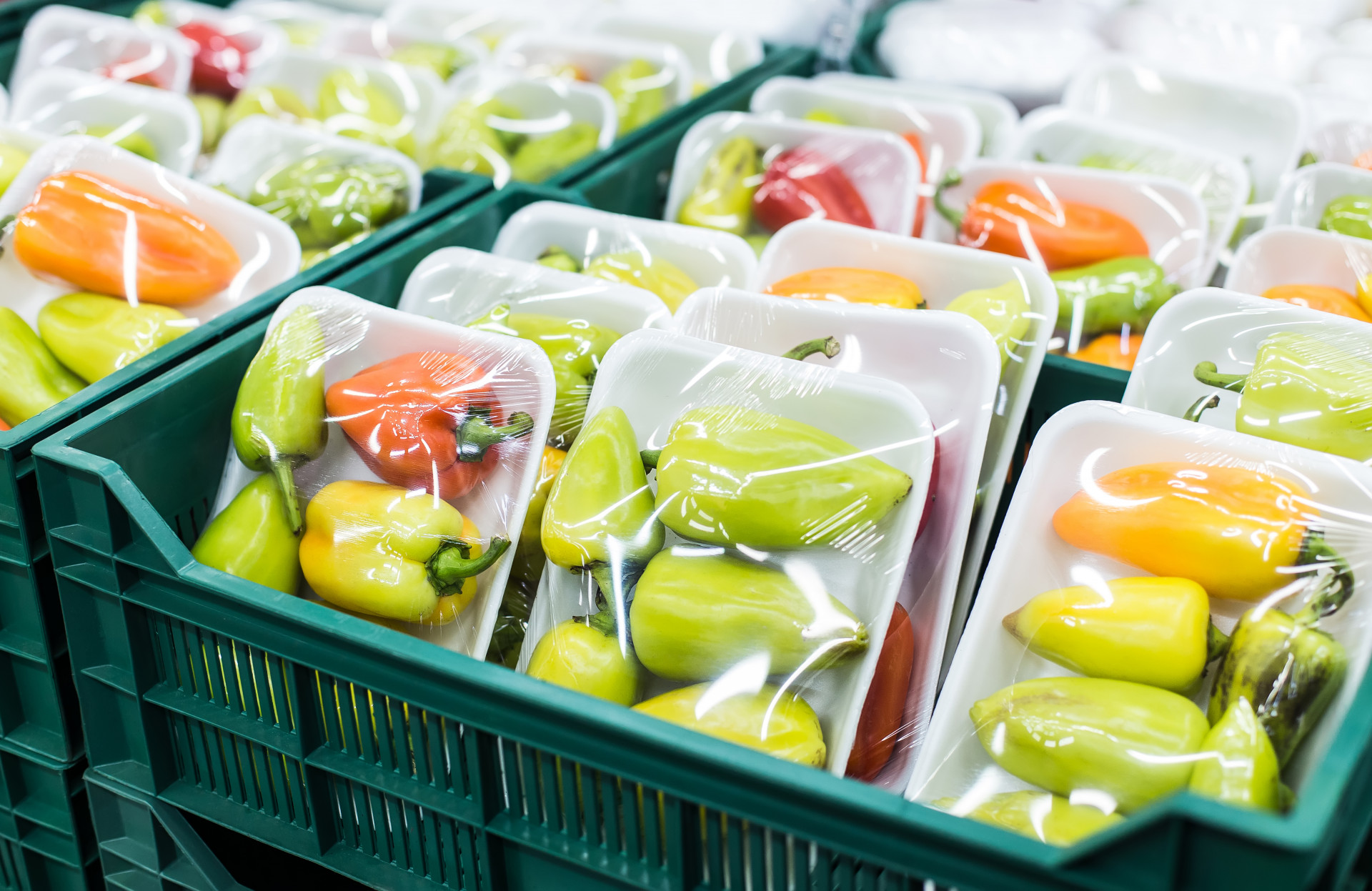Reliable alternatives to plastic packaging, which offer the same properties of protecting the contents inside, be they food, textile, cosmetic, chemical or anything in-between, are a hugely important part of the toolkit that businesses need to employ when tackling plastic waste. These alternatives need to be environmentally friendly in their creation, meaning they should not come from virgin fossil-based sources. In addition, they must not add to the volume of plastic waste already polluting the earth, meaning that they need to be biodegradable, compostable or recyclable.

Credible certification against an internationally recognised plastics standard can help businesses looking to make use of more sustainable alternatives to plastic. With over 4,800 valid certificates in more than 100 countries at the time of publishing, ISCC is among the world’s largest certification systems. It has been developed through an open multi-stakeholder process and is governed by an association with more than 160 members, including research institutes and NGO’s. ISCC has its roots in bio-based and bio-waste-based raw materials. It was originally intended for use as bio-energy but is being increasingly utilized in packaging, food, and other industrial applications. As a no-deforestation standard with a strong commitment to protect forests, high-carbon stock lands, and biodiversity, ISCC strives for a world where biomass and other raw materials are produced in an environmentally, socially, and economically sustainable manner.
Additionally, the ISCC Plus scheme supports approaches that focus on the circular plastic economy, including using fossil waste-based raw materials in the production of new packaging, adding flexibility to the range of options for tackling plastic waste.
Hannah Rasel from Beiersdorf states
“For our company, the ISCC Plus certification enables us to use new credible, traceable, sustainable materials, which then help to decrease the environmental impact of our packaging. It enables us to have access to verified sustainable materials as an alternative to today’s fossil fuel-based plastics“
The inherent flexibility of the ISCC Plus scheme means that companies do not have to rely on a single approach to replacing plastic packaging but can choose from a circular approach which reuses plastic or fossil fuel waste, or a bio-based alternative. Combined with their international credibility, this makes ISCC Plus a leading certification scheme in the plastics field.